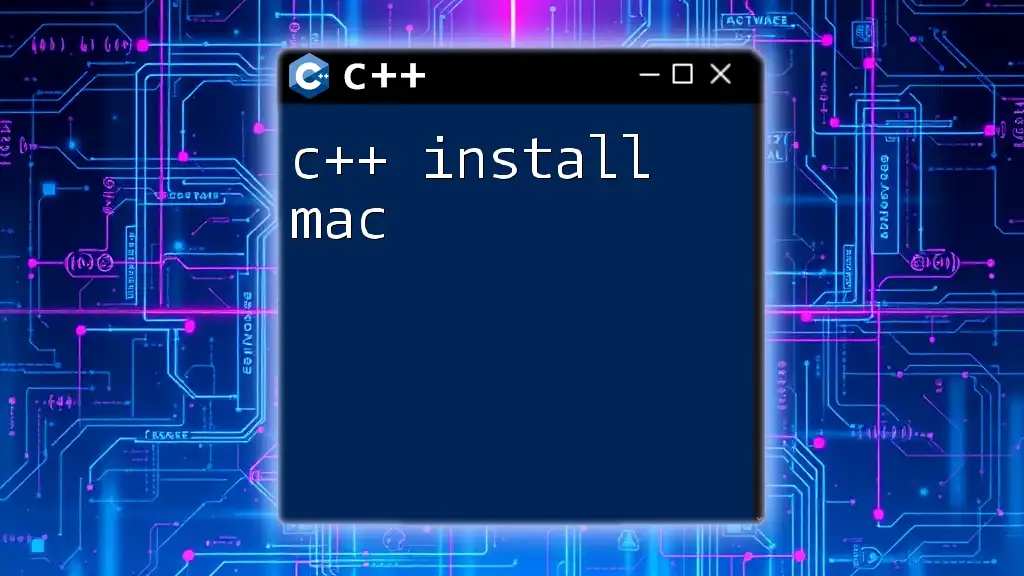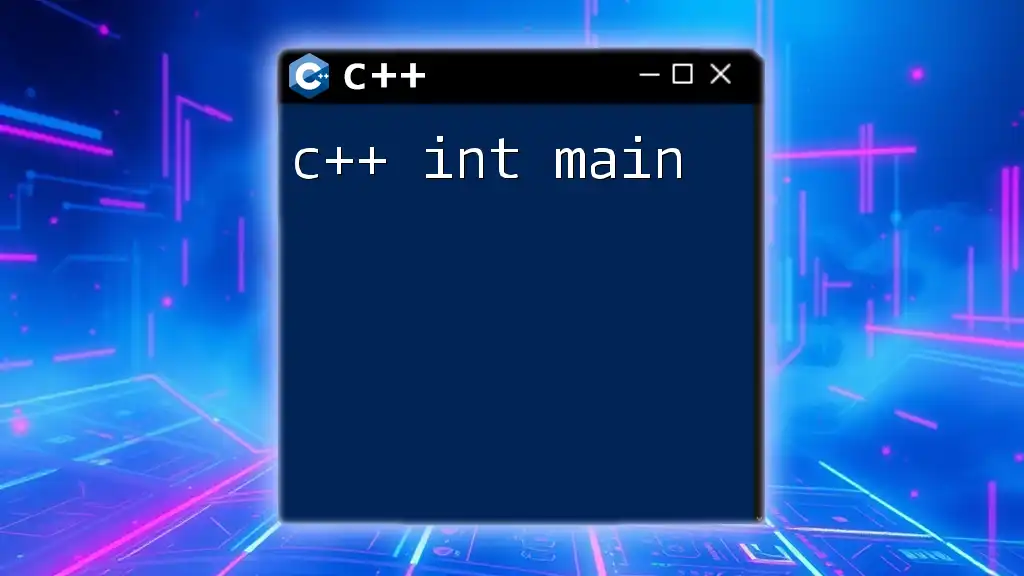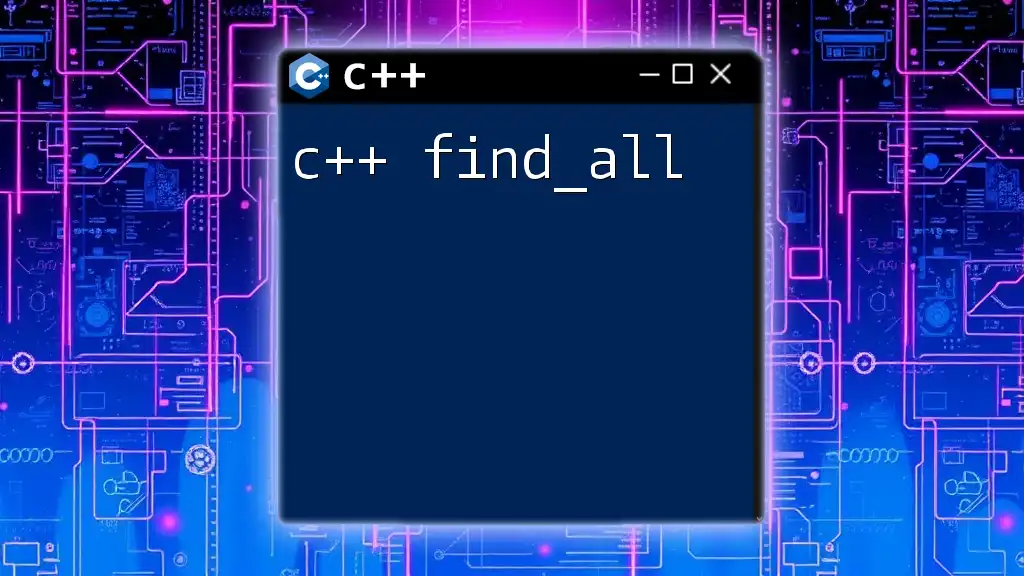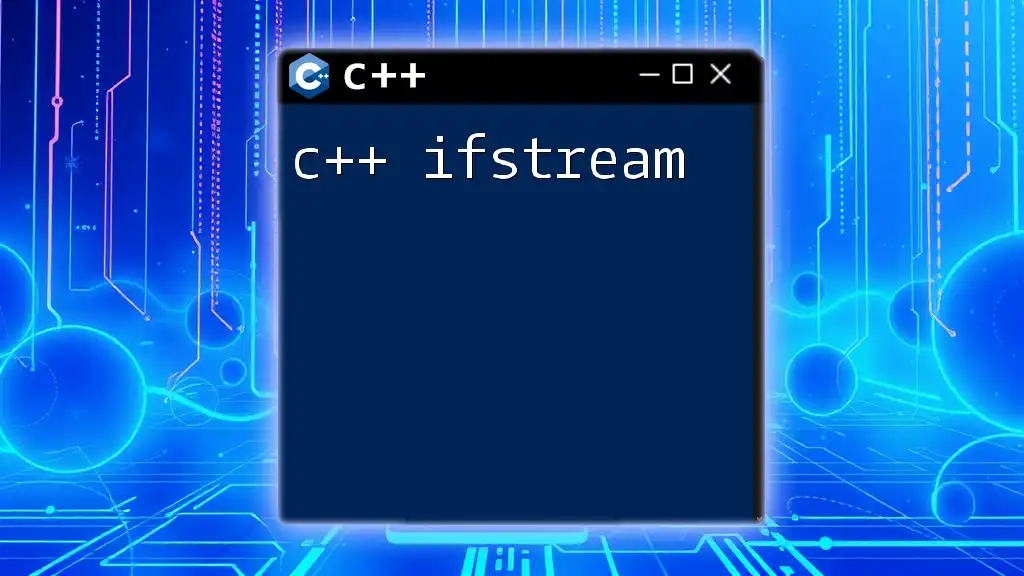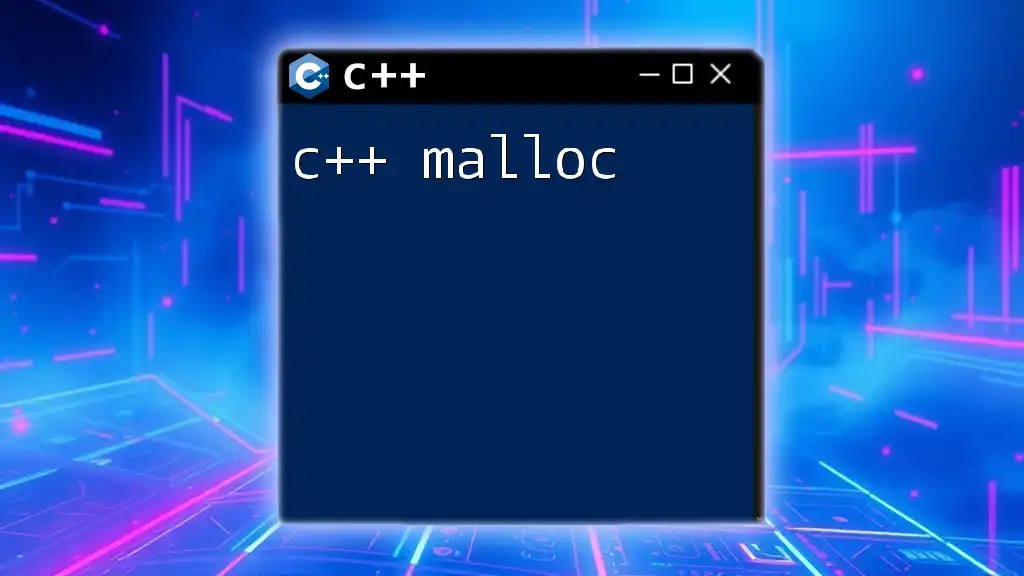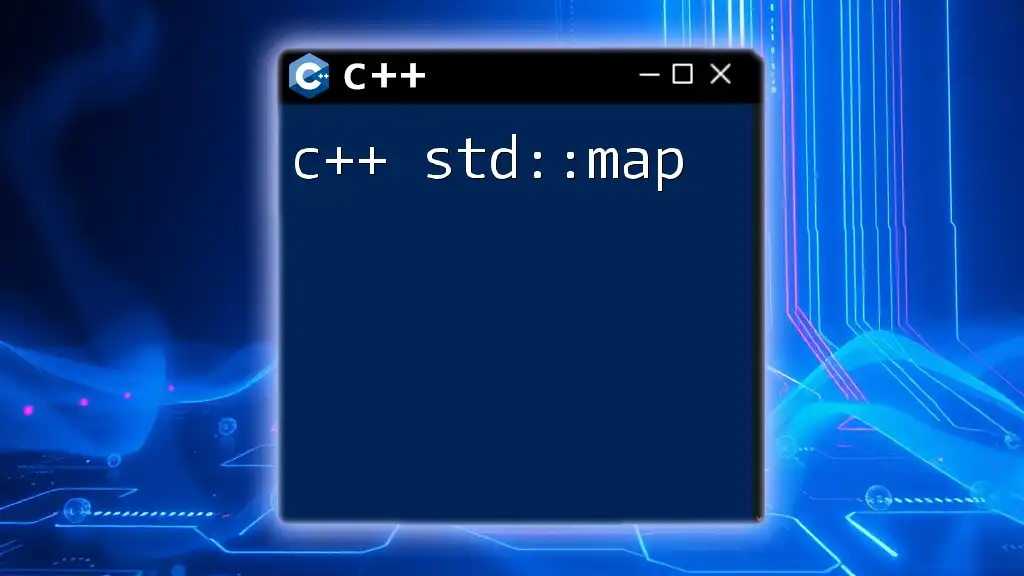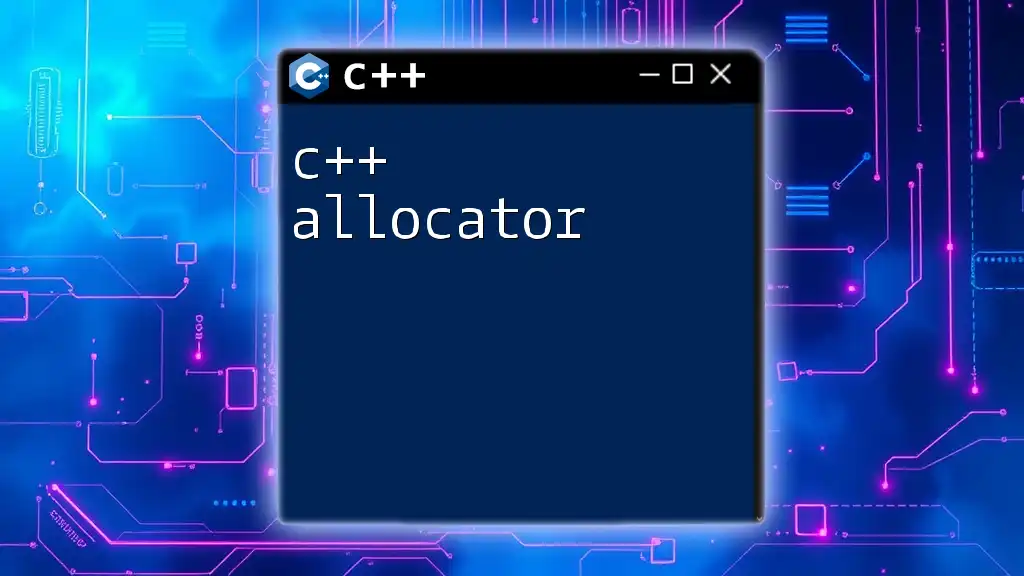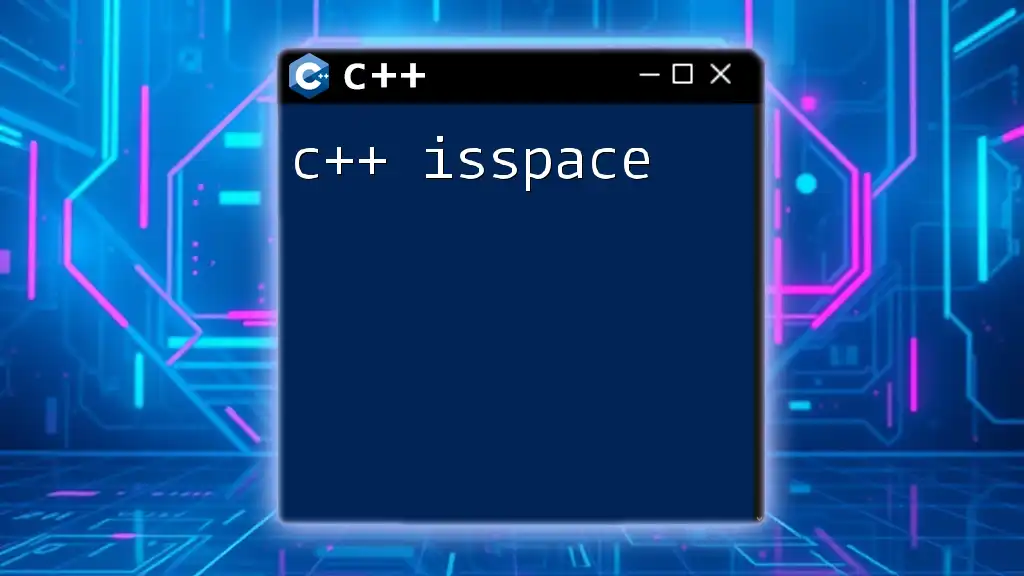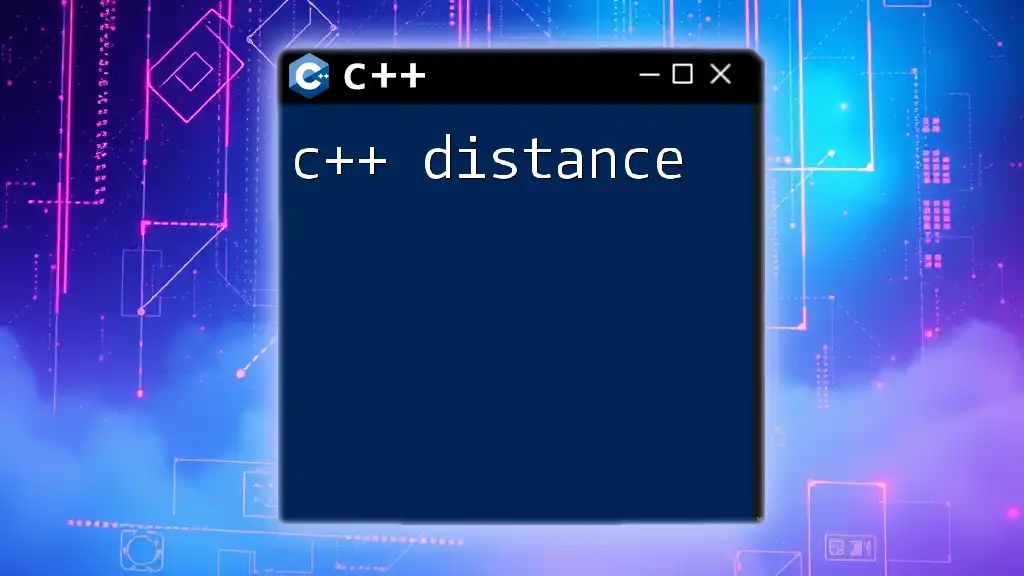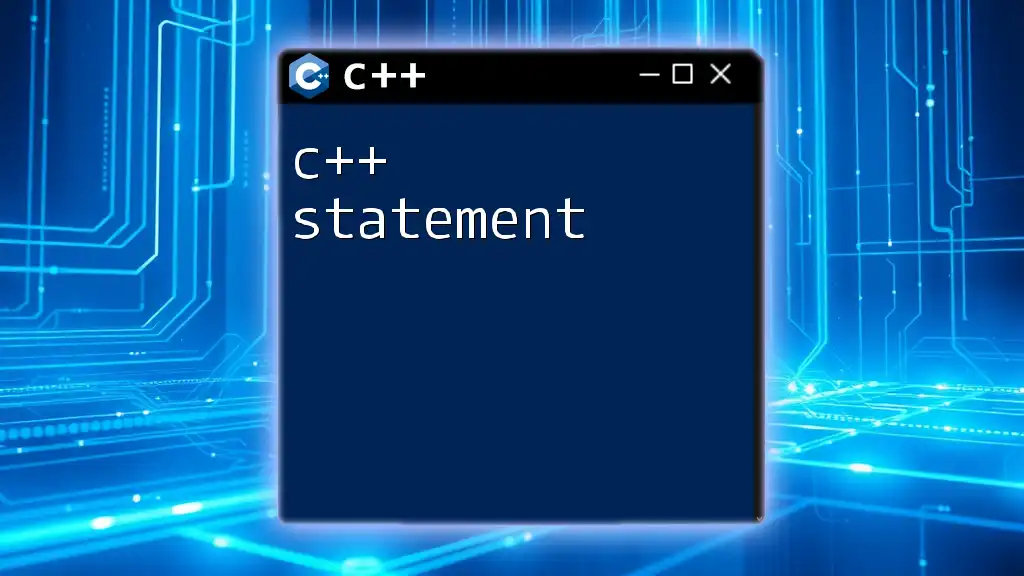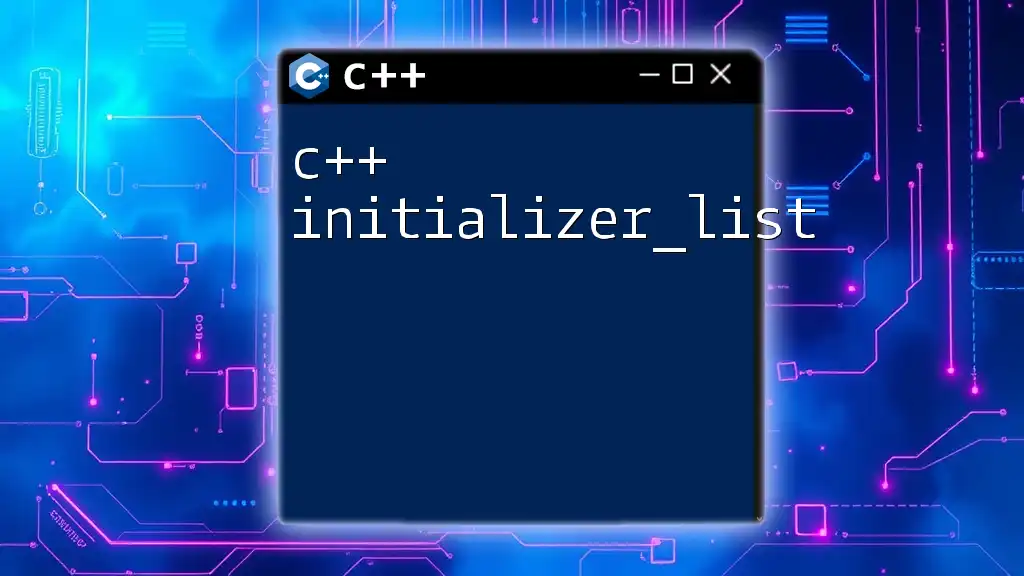To install C++ on a Mac, you can use Homebrew to simplify the installation of the GNU compiler collection (GCC) by running the following command in your terminal:
brew install gcc
What Is C++?
C++ is a powerful, high-performance programming language widely used for software development, game design, and system programming. It is an extension of the C programming language, introducing object-oriented features that enhance code reusability and efficiency. C++ is known for its performance capabilities, making it a popular choice for applications requiring resource management and speed. Understanding C++ can open doors to writing stable and efficient applications.
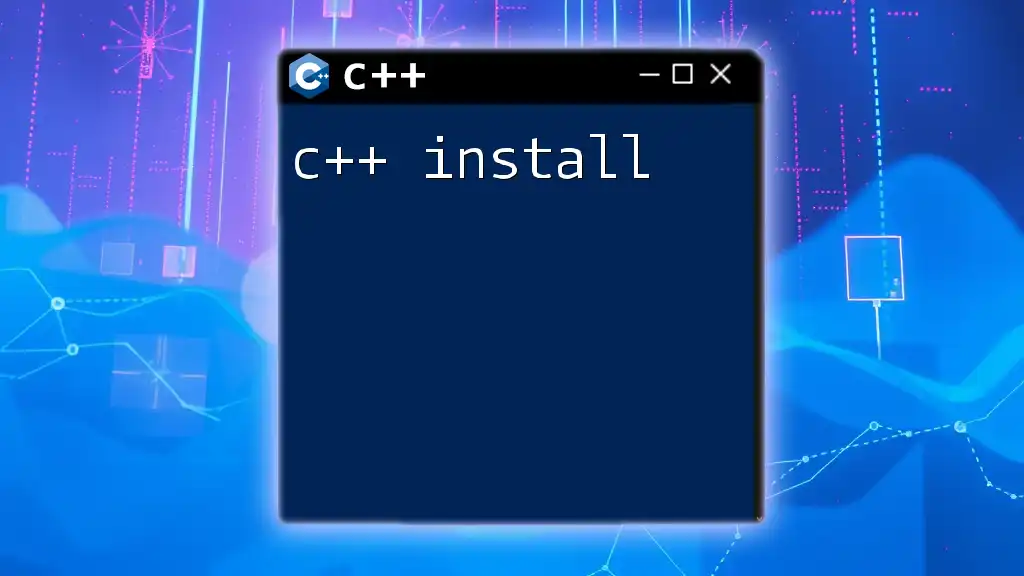
Setting Up Your Mac for C++ Development
System Requirements
Before diving into installation, ensure your macOS version is compatible with C++ compilers and IDEs. You should have:
- macOS High Sierra (10.13) or later is generally recommended.
- At least 4GB of RAM, though 8GB or more is ideal for smoother development.
- Sufficient disk space for your IDE and development tools.
Choosing a Development Environment
Overview of IDEs
An Integrated Development Environment (IDE) significantly streamlines the C++ coding process by integrating all necessary tools in one environment. Popular choices for macOS include:
- Xcode: The official IDE for macOS that supports C++ and other languages.
- CLion: A JetBrains IDE designed specifically for C and C++.
- Visual Studio Code: A lightweight but powerful editor with extensive support for C++ through extensions.
Each IDE has unique benefits, so choose one that fits your workflow and preferences.
Text Editors vs. IDEs
While IDEs provide a comprehensive suite of tools, text editors like Sublime Text or Atom can also be used for simpler C++ programming tasks. Typically, IDEs offer more features like debugging, integrated build systems, and code navigation. In contrast, text editors may feel lighter and faster for small scripts or quick edits, allowing for a flexible coding environment.
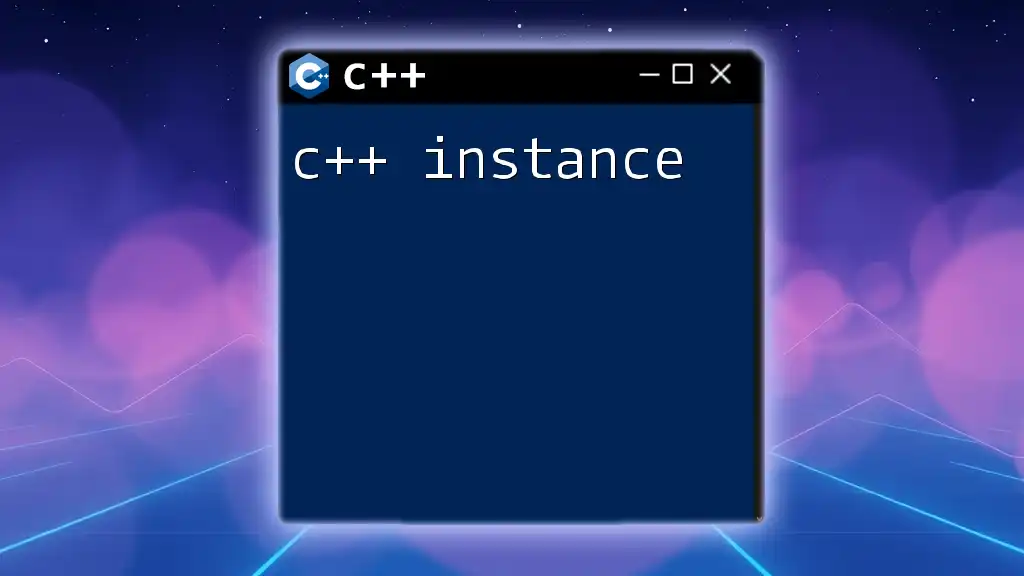
Installing C++ on Mac
Method 1: Install Xcode
To start developing C++ applications on macOS, one of the easiest methods is to install Xcode. Here are the steps:
-
Open the App Store on your Mac.
-
Search for Xcode and click on Install.
-
Once installed, open Xcode and agree to the terms of service.
-
To install the necessary command line tools, open Terminal and execute the following command:
xcode-select --install
This command will download and install the required components for C++ development.
Method 2: Install Homebrew and GCC
Homebrew is an excellent package manager for macOS that simplifies the installation of development tools. Here’s how to install it and use it to install GCC, a popular C++ compiler:
-
Open Terminal and run the following command:
/bin/bash -c "$(curl -fsSL https://raw.githubusercontent.com/Homebrew/install/HEAD/install.sh)"This command will download and execute the Homebrew installation script.
-
After securing Homebrew, you can install GCC by running:
brew install gcc -
Once installed, you can check the version of GCC by executing:
gcc --version
Explanation of Compiler Differences
While GCC is widely used, macOS ships with Clang as its default C++ compiler. Both compilers have their unique features. Clang can provide faster compilation and better diagnostics, making it a robust choice for developing on macOS.
Method 3: Using an IDE Installer
If you prefer a dedicated IDE, CLion is a popular choice for C/C++ development. Here’s how you can install it:
- Visit the [JetBrains website](https://www.jetbrains.com/clion/) and download the CLion installer for macOS.
- Open the downloaded file and drag CLion to your Applications folder.
- Launch CLion and follow the on-screen instructions to set up your project.
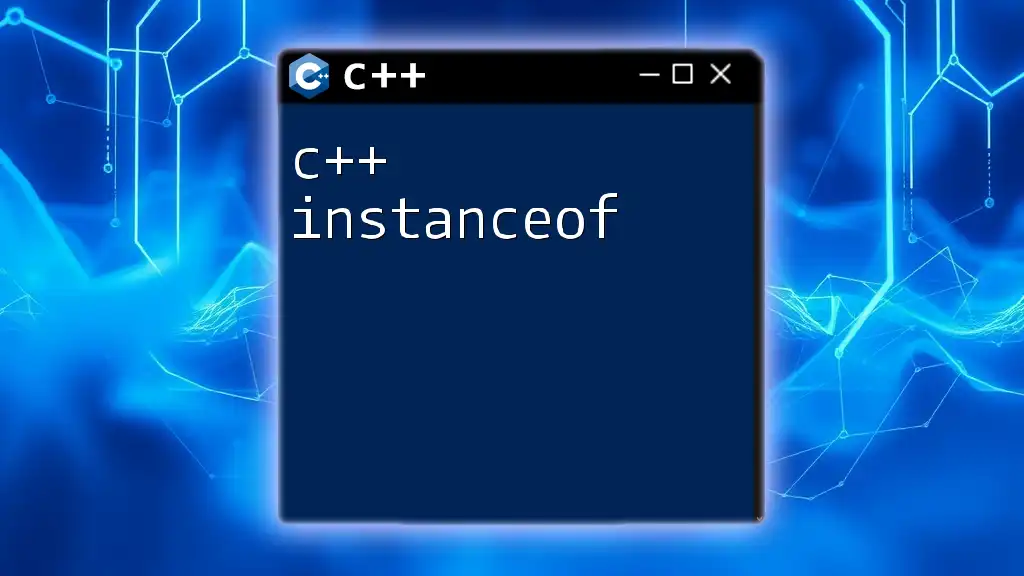
Verifying the Installation
Checking Compiler Installation
After installing your chosen compiler, it’s crucial to verify that everything is set up correctly. In your terminal, type the following command to check the compiler version:
g++ --version
If the installation was successful, you’ll see the version information of the C++ compiler you have installed.
Writing Your First C++ Program
To get you started with C++, let's create a simple "Hello, World!" program. This classic program acts as a foundational example for beginners, demonstrating how to output text using C++.
- Open your IDE or text editor and create a new file called hello.cpp.
- Write the following code in the file:
#include <iostream>
int main() {
std::cout << "Hello, World!" << std::endl;
return 0;
}
- Save the file and compile it by running the following command in the terminal:
g++ hello.cpp -o hello
- Finally, execute the compiled program:
./hello
You should see the output:
Hello, World!
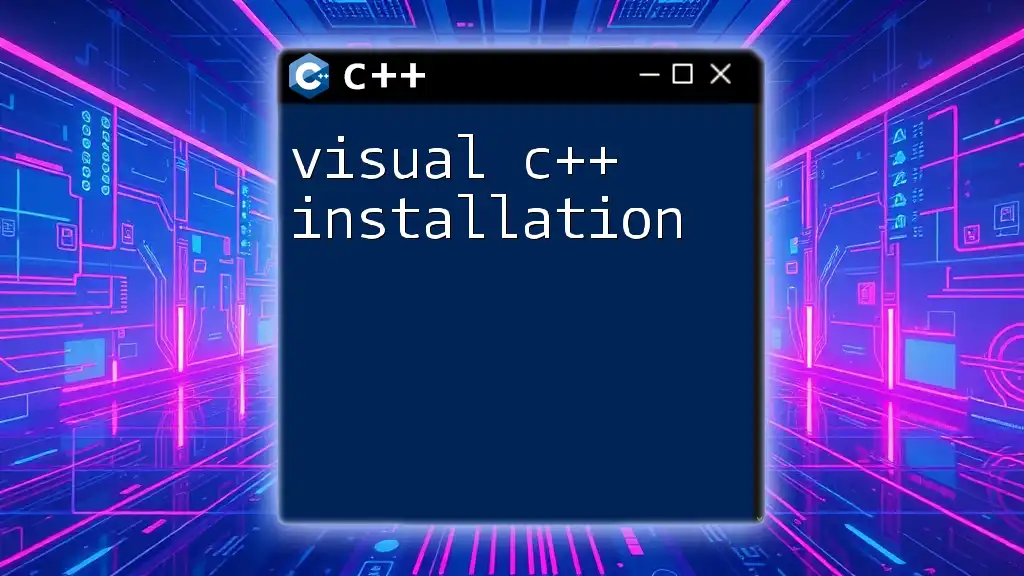
Troubleshooting Common Installation Issues
Issue 1: Command Not Found
If you encounter a "command not found" error when trying to run `g++`, it usually means the compiler isn't installed or isn't in your system’s PATH. Revisit the installation steps and ensure that the compiler was installed correctly and that you’re typing the command accurately.
Issue 2: Permission Denied
Sometimes, users may face a "permission denied" error. This can occur if you don’t have sufficient permissions to execute the command. You can resolve this issue by prefixing your command with sudo, which gives you administrative privileges:
sudo g++ hello.cpp -o hello
Additional Resources and Support
When troubleshooting or learning more about C++, various online platforms can be beneficial. Websites like Stack Overflow, GitHub, and dedicated forums are great places to ask questions and get help. Additionally, keep the official C++ documentation handy. It serves as a vital resource for understanding advanced concepts and features of the language.
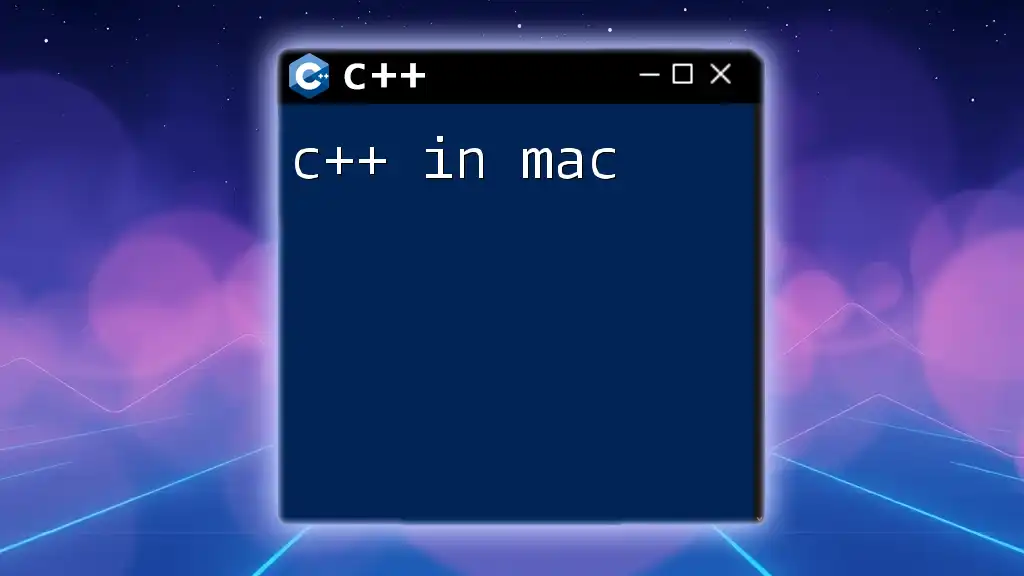
Conclusion
Installing C++ on macOS doesn’t have to be a daunting task. By following the outlined methods, whether through Xcode, Homebrew, or a dedicated IDE, you’ll be well on your way to developing in C++. Take time to experiment with the language by writing and running various C++ programs. This will greatly enhance your programming skills and confidence. Remember, practice is key to becoming proficient in C++.
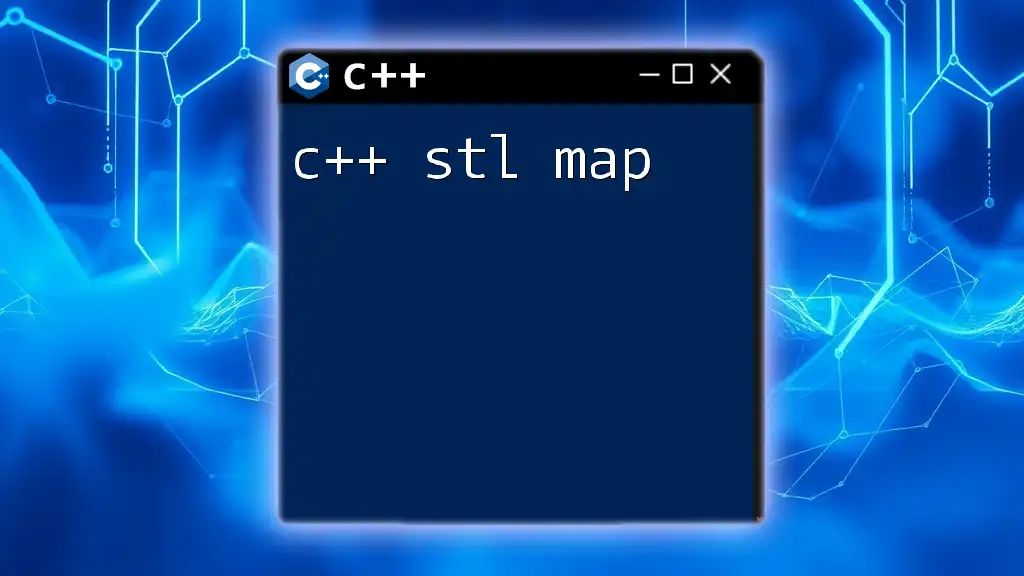
Call to Action
If you found this guide helpful, consider subscribing to receive more programming tutorials and resources. Feel free to explore related articles about C++ development, and take the next step on your programming journey!
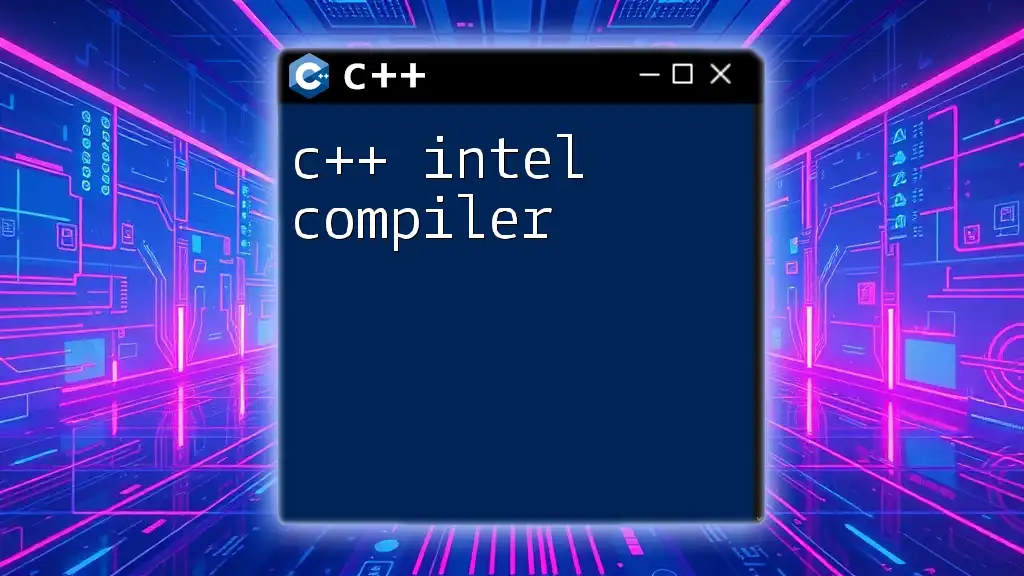
References
For further reading and additional resources, consider visiting:
- C++ Forum on Stack Overflow
- [C++ Reference](https://en.cppreference.com)
- JetBrains CLion Documentation
- Homebrew GitHub Page for installation instructions.

